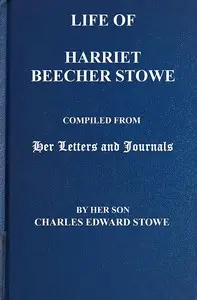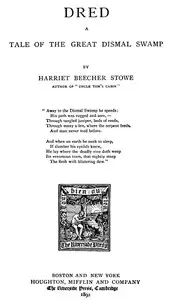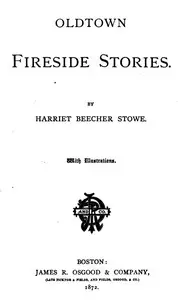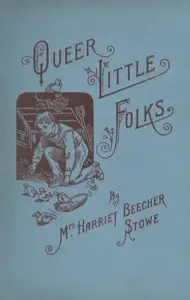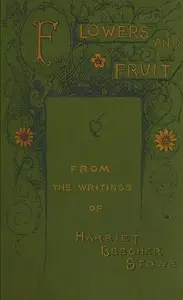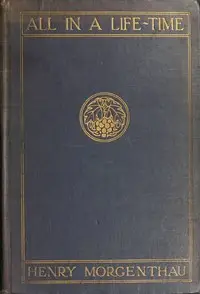"Lady Byron Vindicated: A History of the Byron Controversy" by Harriet Beecher Stowe is a late 19th-century exploration of a notorious historical scandal aiming to clear Lady Byron's name from the cloud of accusations that followed her marriage to Lord Byron. Stowe, motivated by a strong sense of injustice, seeks to rewrite the narrative surrounding their separation and the events that ensued. She argues that Lady Byron has been unfairly subjected to slander, much of it originating from Lord Byron himself, and that these attacks have intensified even after her death. Stowe's book promises to be a thorough examination of the controversy, presenting evidence and testimonies to restore Lady Byron's reputation and reveal the truth behind the damaging allegations made against her.
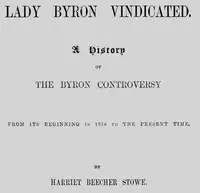
Lady Byron Vindicated: A History of the Byron Controversy
By Harriet Beecher Stowe
A woman's reputation is dragged through the mud, and a friend steps forward after her death to clear her name and expose a hidden history.
Summary
About the AuthorHarriet Elisabeth Beecher Stowe was an American author and abolitionist. She came from the religious Beecher family and wrote the popular novel Uncle Tom's Cabin (1852), which depicts the harsh conditions experienced by enslaved African Americans. The book reached an audience of millions as a novel and play, and became influential in the United States and in Great Britain, energizing anti-slavery forces in the American North, while provoking widespread anger in the South. Stowe wrote 30 books, including novels, three travel memoirs, and collections of articles and letters. She was influential both for her writings as well as for her public stances and debates on social issues of the day.
Harriet Elisabeth Beecher Stowe was an American author and abolitionist. She came from the religious Beecher family and wrote the popular novel Uncle Tom's Cabin (1852), which depicts the harsh conditions experienced by enslaved African Americans. The book reached an audience of millions as a novel and play, and became influential in the United States and in Great Britain, energizing anti-slavery forces in the American North, while provoking widespread anger in the South. Stowe wrote 30 books, including novels, three travel memoirs, and collections of articles and letters. She was influential both for her writings as well as for her public stances and debates on social issues of the day.

